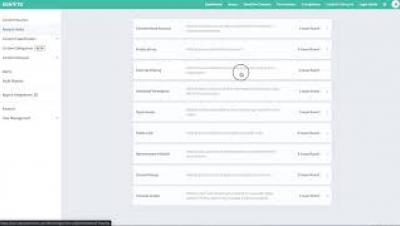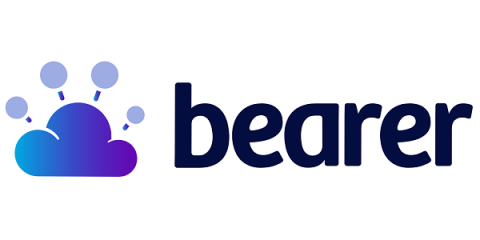Cloud Content Governance: Egnyte's Data Security Framework
Are our systems secure? Is our valuable content safe? These are tough questions to tackle when news headlines regularly bombard us with messages of cyberattacks and security breaches. Centrify, a zero-trust and privileged access management provider, reported that 71 percent of business decision-makers are concerned that the move to remote working creates a significant increase in the risk of cyberattacks.










